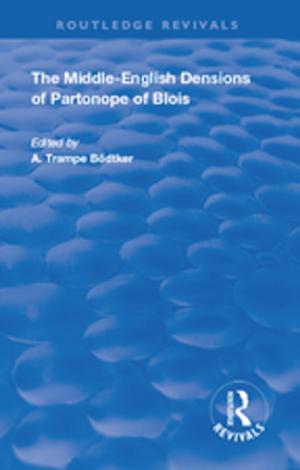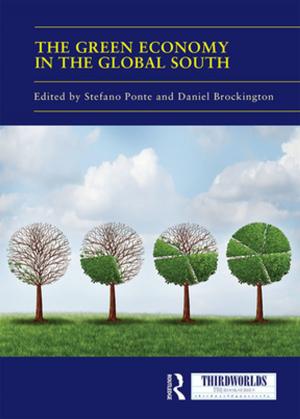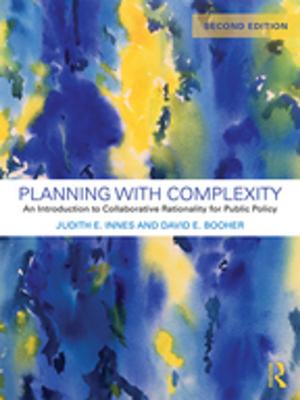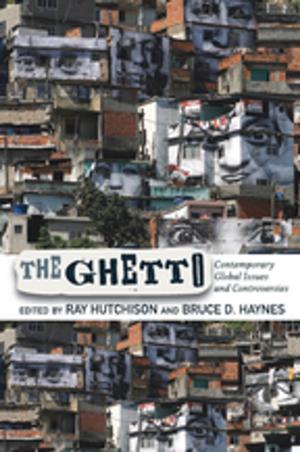Clifford Geertz in Morocco
Nonfiction, Social & Cultural Studies, Social Science, Gender Studies, Women&, Sociology| Author: | ISBN: | 9781317988168 | |
| Publisher: | Taylor and Francis | Publication: | September 13, 2013 |
| Imprint: | Routledge | Language: | English |
| Author: | |
| ISBN: | 9781317988168 |
| Publisher: | Taylor and Francis |
| Publication: | September 13, 2013 |
| Imprint: | Routledge |
| Language: | English |
Between 1963 and 1986, eminent American anthropologists Clifford and Hildred Geertz - together and alone - conducted ethnographic fieldwork for varying periods in Sefrou, a town situated in north-central Morocco, south of Fez. This book considers Geertz’s contributions to sociocultural theory and symbolic anthropology.
Clifford Geertz made an immense impact on the American academy: his interpretative and symbolic approaches reoriented anthropology analytically away from classic social science presuppositions, while his publications profoundly influenced both North American and Maghribi researchers alike. After his death at the age of 80 on October 30, 2006, scholars from local, national, and international universities gathered at the University of California, Los Angeles, to analyze his contributions to sociocultural theory and symbolic anthropology in relation to Islam; ideas of the sacred; Morocco’s cityscapes (notably Sefrou’s bazaar or suq); colonialism and post-independence economic development; gender, and political structures at the household and village levels.
This book looks back to a specific era of American anthropology beginning in the 1960s as it unfolded in Morocco; and at the same time, the contributions examine new lines of enquiry that opened up after key texts by Geertz were translated into French and introduced to generations of francophone Maghribi researchers who sustain lively and inventive meditations on his Morocco writings.
This book was published as a special issue of Journal of North African Studies.
Between 1963 and 1986, eminent American anthropologists Clifford and Hildred Geertz - together and alone - conducted ethnographic fieldwork for varying periods in Sefrou, a town situated in north-central Morocco, south of Fez. This book considers Geertz’s contributions to sociocultural theory and symbolic anthropology.
Clifford Geertz made an immense impact on the American academy: his interpretative and symbolic approaches reoriented anthropology analytically away from classic social science presuppositions, while his publications profoundly influenced both North American and Maghribi researchers alike. After his death at the age of 80 on October 30, 2006, scholars from local, national, and international universities gathered at the University of California, Los Angeles, to analyze his contributions to sociocultural theory and symbolic anthropology in relation to Islam; ideas of the sacred; Morocco’s cityscapes (notably Sefrou’s bazaar or suq); colonialism and post-independence economic development; gender, and political structures at the household and village levels.
This book looks back to a specific era of American anthropology beginning in the 1960s as it unfolded in Morocco; and at the same time, the contributions examine new lines of enquiry that opened up after key texts by Geertz were translated into French and introduced to generations of francophone Maghribi researchers who sustain lively and inventive meditations on his Morocco writings.
This book was published as a special issue of Journal of North African Studies.















